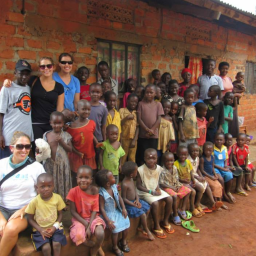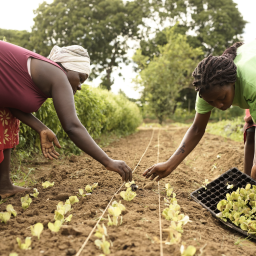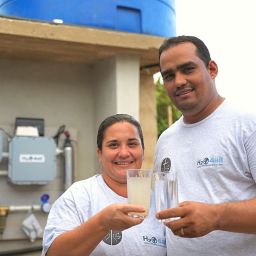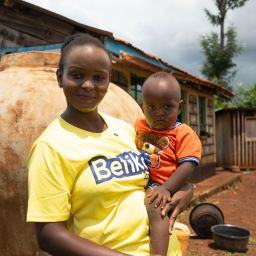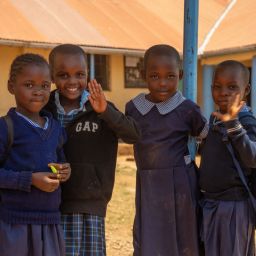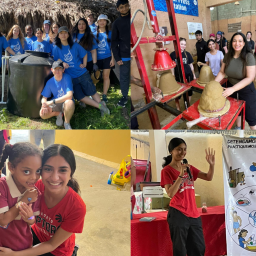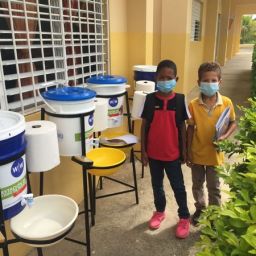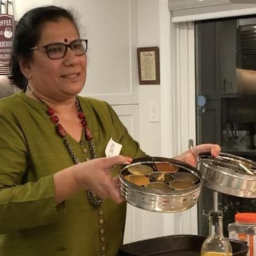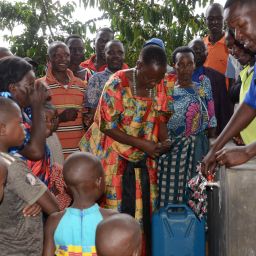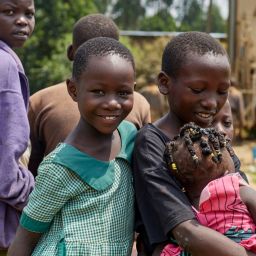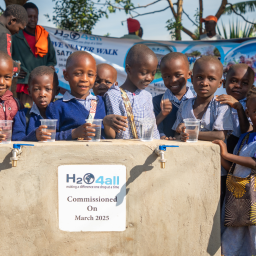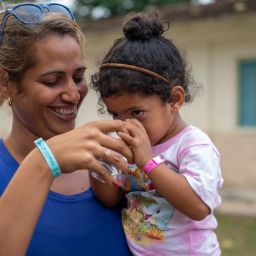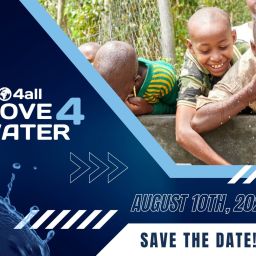Global Handwashing Day: Why Safe Water Matters
October 15th was Global Handwashing Day, a global advocacy day dedicated to promoting awareness of the importance of good hand hygiene for community and personal health. The holiday was founded by the Global Handwashing Partnership in 2008 to promote global hand hygiene.
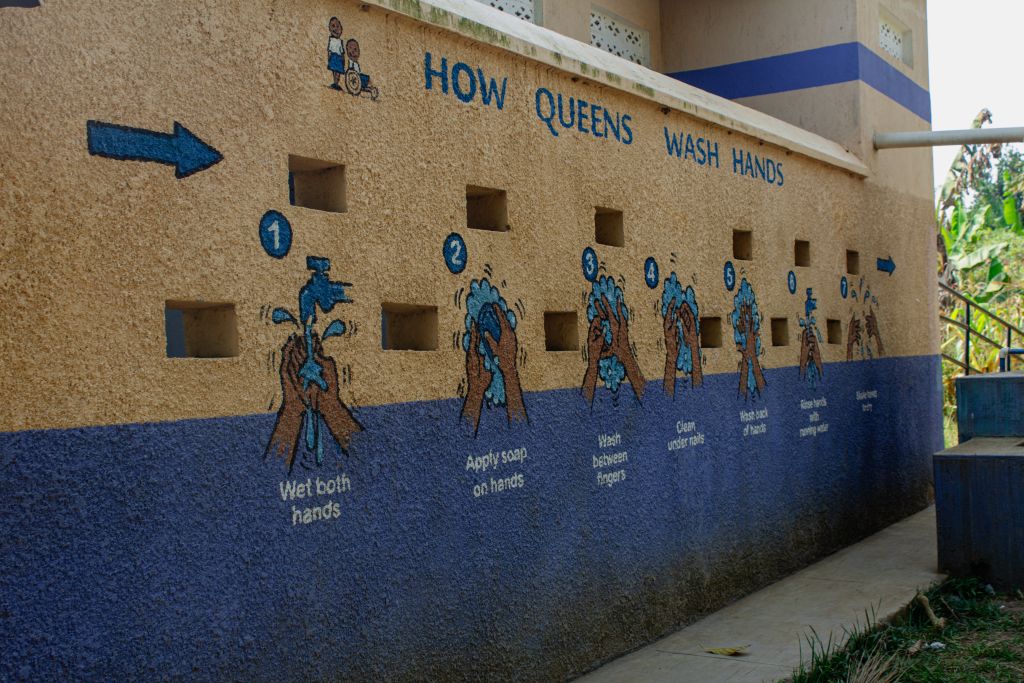
Good hand hygiene saves lives. Every time you wash your hands after cooking, cleaning, or using the bathroom, you’re washing away pathogens that could get you or a loved one sick. The research shows that washing your hands for 20 to 30 seconds can reduce diarrheal diseases by up to 30%, and reduce the risk of acute respiratory infections by 20%. Research shows that handwashing initiatives at schools significantly reduce the risk of disease transmission, preventing kids from missing school due to illness.
We think of handwashing as an individual responsibility – but not everybody has the resources to practice good hand hygiene. Three in ten people worldwide don’t have facilities for washing their hands with soap and water at home. Furthermore, only half of the world’s health centres have handwashing facilities with soap and water. In developing countries, less than half of all schools have handwashing facilities.
The cornerstone of the problem is water access. Around two billion people worldwide lack access to safely managed water at home. Without clean water, effective hand hygiene isn’t possible. In addition, people in communities that need to ration water due to water scarcity may be forced to forgo hygiene. As a result, the lack of handwashing resources can leave water-stressed communities especially vulnerable to disease outbreaks.
H2O4ALL is committed to helping communities raise their quality of life through safe water. Since the beginning of the Coronavirus pandemic, H2O4ALL has empowered our client communities to combat disease transmission with handwashing initiatives. Our Clean Hands Initiative helped communities in Ghana, Uganda, the Dominican Republic, and Cuba keep themselves and their neighbors safe throughout the pandemic.
In 2020 and 2021 we supplied schools in the Dominican Republic with safe water and handwashing stations, allowing schoolchildren and staff to stay safe. In Cienfuegos, Cuba, ten churches received water and handwashing stations, so that community members could rely on their local churches for water and reduce the risk of spreading COVID-19. Finally, we provided handwashing stations and extended water access to our client communities of Mulika in Kenya and Tsopoli Village in Ghana throughout the pandemic.
Since the beginning of COVID-19 pandemic, we’ve grown increasingly aware of the importance of hand hygiene in protecting community health. However, for billions of people worldwide, maintaining proper hand hygiene isn’t possible. If we want to promote proper hand hygiene and reduce disease risk, safe water is a necessity.


